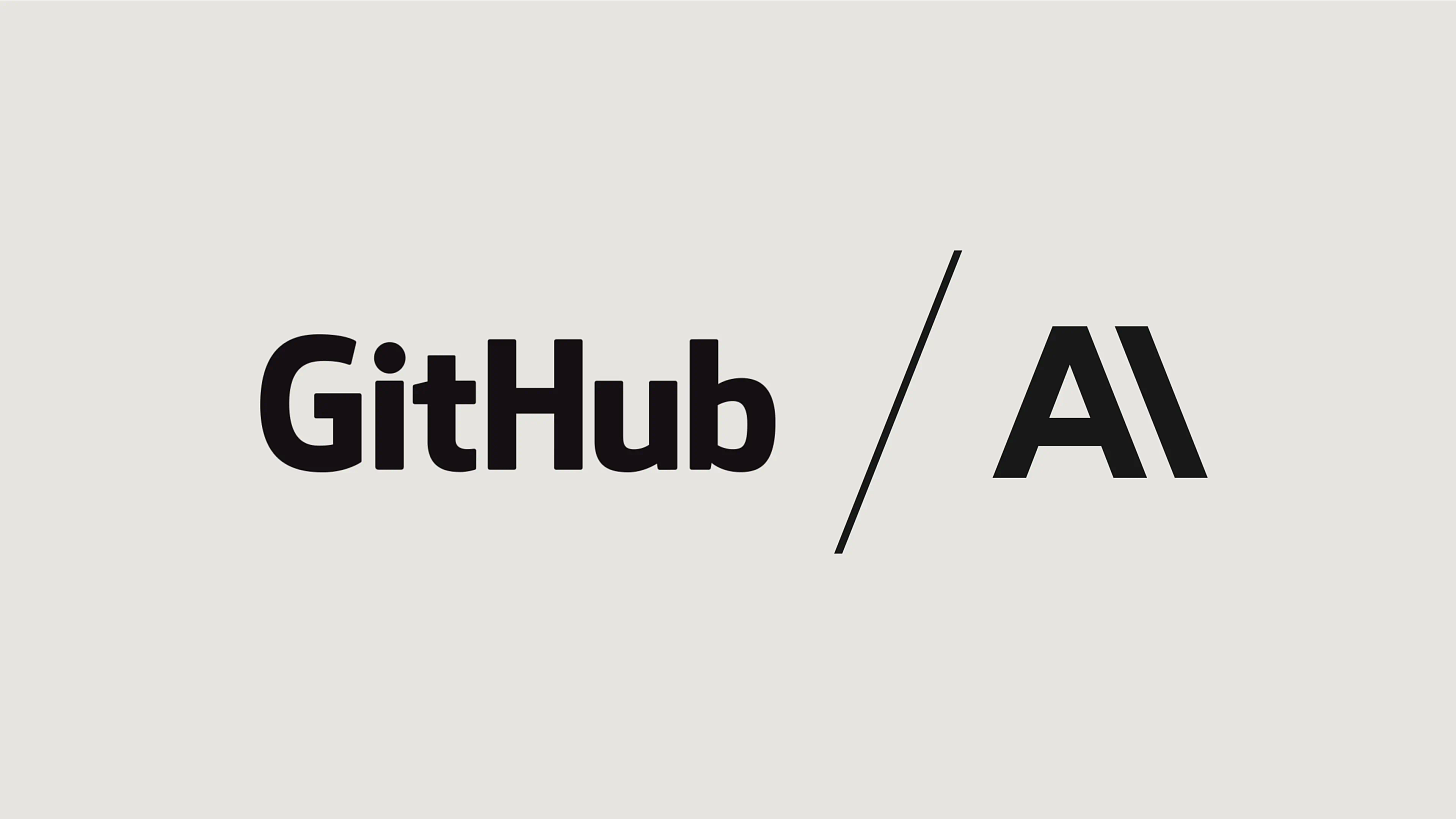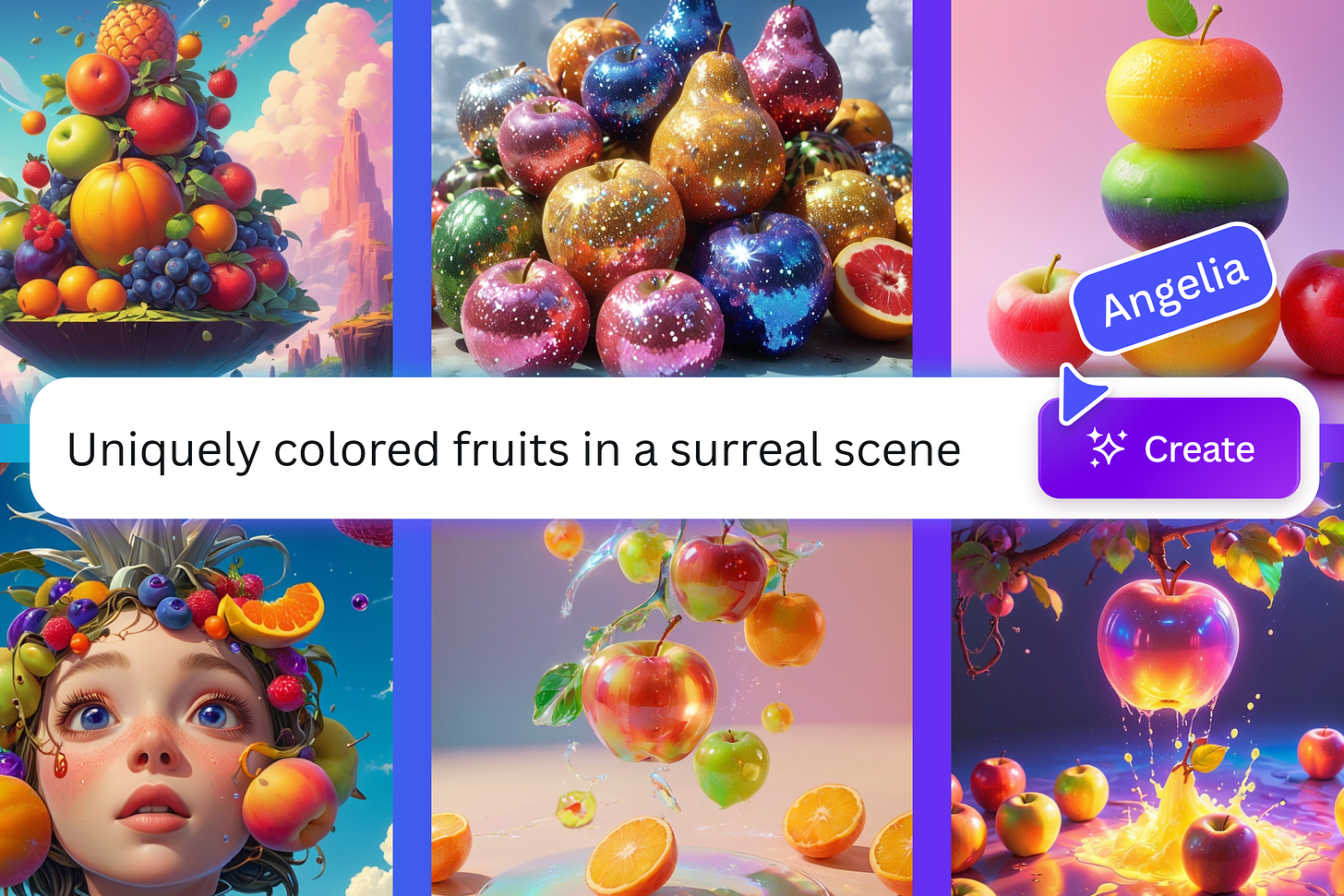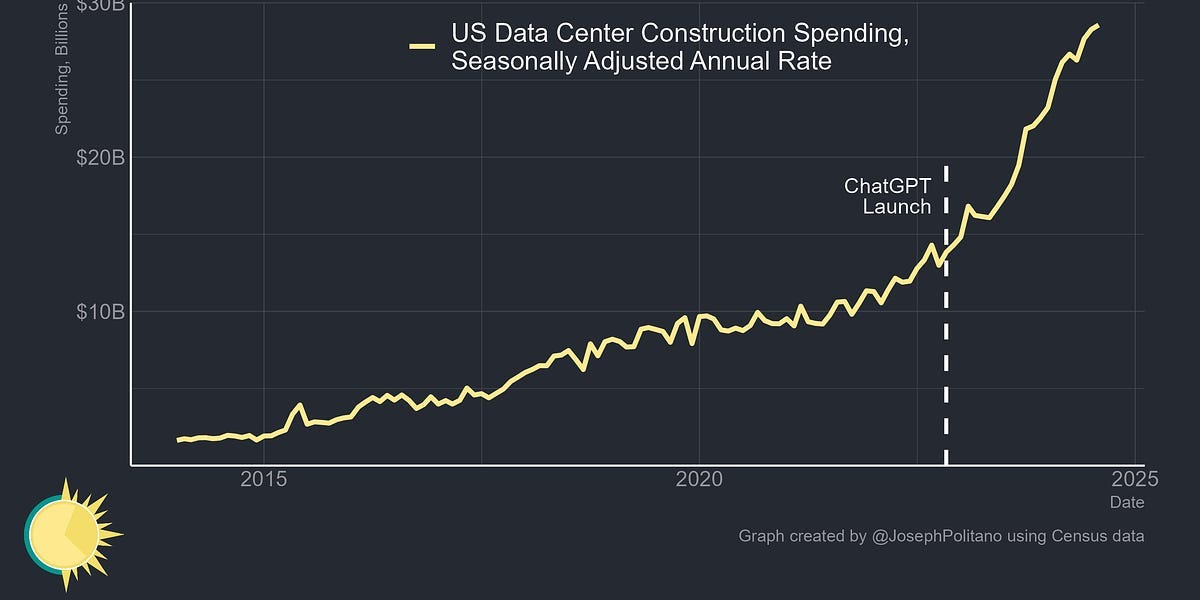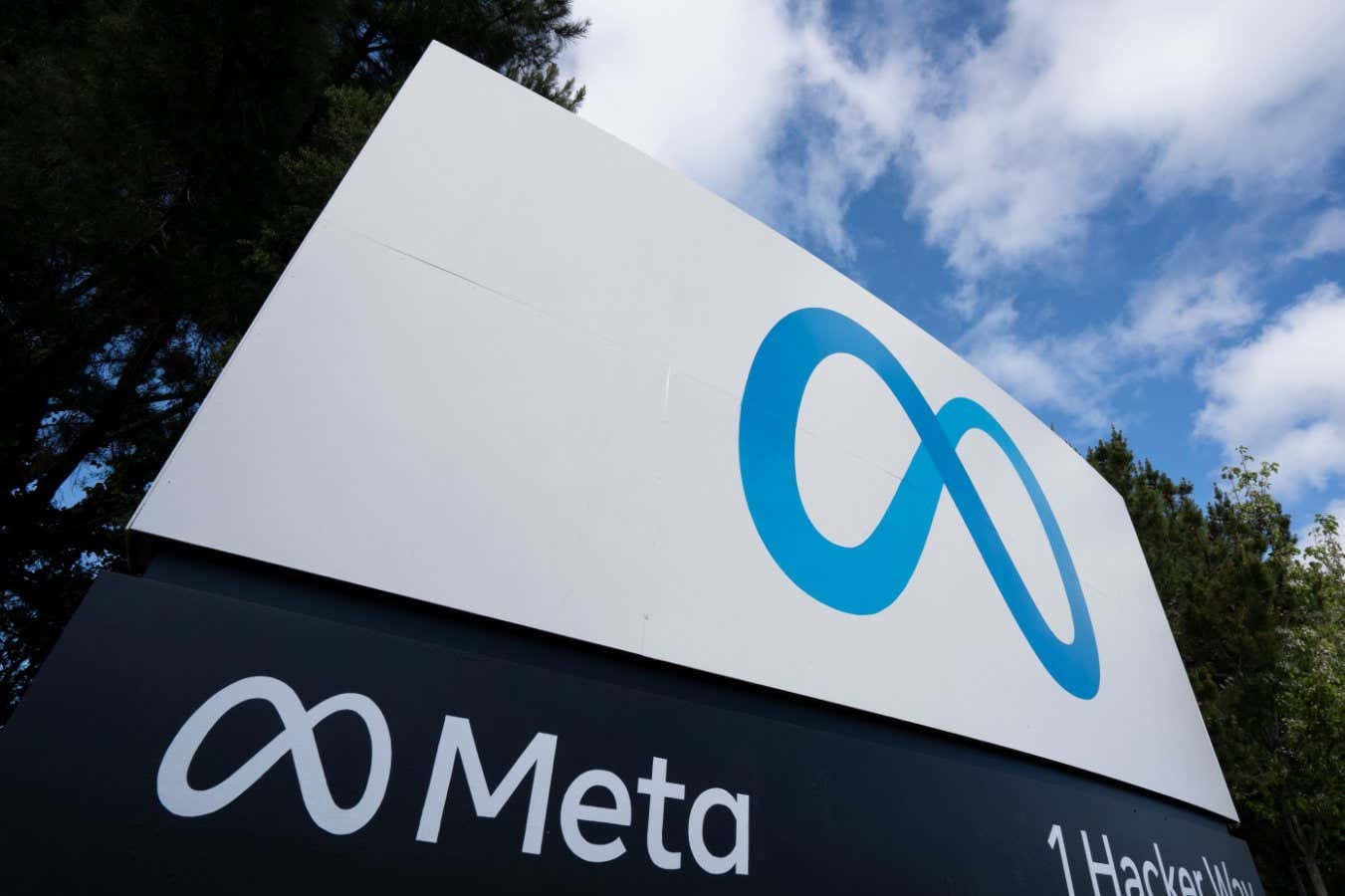Note: the newsletter is a few days late this week, our bad!
We’ll be back on schedule starting next week.
Top News
Image Playground, ChatGPT, and more Apple Intelligence features roll out in beta
Apple has released the latest developer beta versions of its operating systems, including iOS 18.2, iPadOS 18.2, and macOS Sequoia 15.2, introducing new Apple Intelligence features. These features include integrated writing tools, image cleanup, article summaries, and a typing input for Siri. The beta release also includes additional features such as Genmoji, Image Playground, Visual Intelligence, Image Wand, and ChatGPT integration. The ChatGPT integration will be used to answer questions through Siri and as a compositional tool within Writing Tools. Other features include Image Playground, which generates new images based on prompts, and Image Wand, which transforms sketches into finished artwork. The Visual Intelligence feature, similar to Google Lens, can scan QR codes, summarize text, detect contact details, translate languages, and provide contextual information about images.
-
I tried all new Apple Intelligence features in iOS 18.1 — here’s the best (and worst)
-
Apple Intelligence is available today on iPhone, iPad, and Mac
GitHub Copilot will support models from Anthropic, Google, and OpenAI
GitHub is expanding its Copilot code completion and programming tool to include models from Anthropic, Google, and OpenAI, allowing developers to choose the model that best suits their needs. The company is also introducing Spark, an AI tool that simplifies the process of building web apps using natural language, and updates to GitHub Copilot in VS Code, Copilot for Xcode, among others. Spark uses OpenAI and Anthropic models to generate live previews of web apps, and allows both experienced and novice developers to manipulate code or create apps using natural language.
Introducing computer use, a new Claude 3.5 Sonnet, and Claude 3.5 Haiku
The article announces the introduction of an upgraded AI model, Claude 3.5 Sonnet, and a new model, Claude 3.5 Haiku, both of which show significant improvements in coding tasks. The Claude 3.5 Sonnet is the first to offer a new capability in public beta: computer use, which allows the AI to interact with computers in a human-like manner, such as looking at a screen, moving a cursor, clicking buttons, and typing text. The article also introduces Claude 3.5 Haiku, which matches the performance of the previous largest model, Claude 3 Opus, and is particularly strong in coding tasks. Both models will be available on the Anthropic API, Amazon Bedrock, and Google Cloud’s Vertex AI.
-
Anthropic’s latest AI update can use a computer on its own
-
Anthropic just dropped Claude Haiku 3.5 and gave the chatbot a huge upgrade — here’s what’s new
Other News
Tools
Canva has a shiny new text-to-image generator – Canva’s new AI features, including the Dream Lab powered by Leonardo’s Phoenix model, offer improved text-to-image generation and other enhancements like Magic Write text generation and video editing tools.
Meta Releases Quantized Llama 3.2 with 4x Inference Speed on Android Phones – Meta introduces quantized versions of its Llama 3.2 models, enhancing on-device AI performance with up to four times faster inference speeds, a 56% model size reduction, and a 41% decrease in memory usage.
StabilityAI releases Stable Diffusion 3.5 — a step up in realism – StabilityAI has released Stable Diffusion 3.5, which offers improved realism, prompt adherence, and text rendering compared to its predecessor, and comes in three customizable sizes.
Cohere adds vision to its RAG search capabilities – Join our daily and weekly newsletters for the latest updates and exclusive content on industry-leading AI coverage. Learn More Embed 3, which emerged last year, uses embedding models that transform data into numerical representations.
Canvas Beta brings Remix, Extend, and Magic Fill to Ideogram users – Ideogram’s new Canvas feature in beta offers various image editing options, including Remix, Extend, and Magic Fill, making it a powerful AI-based image editor for marketers and content creators.
Asana launches a no-code tool for designing AI agents – aka your new ‘teammates’ – Asana launches a no-code tool for designing AI agents, allowing teams to customize AI agents to perform tasks and complete actions at every stage of project development.
Perplexity AI Introduces Internal Knowledge Search Capabilities and Spaces Collaboration Hub – Perplexity AI introduces Internal Knowledge Search and Spaces collaboration hub, allowing users to search prompts and invite others into a search project, with plans to integrate third-party data sources for Enterprise Pro subscribers.
Introducing the analysis tool in Claude.ai – Claude.ai introduces a new analysis tool that allows users to write and run JavaScript code, enabling data processing, analysis, and real-time insights.
ElevenLabs Introduces Voice Design: A New AI Feature that Generates a Unique Voice from a Text Prompt Alone – ElevenLabs has introduced Voice Design, a new AI feature that allows users to generate a unique voice from a text prompt alone, offering innovation and competition in the generative AI voices market.
‘This is a game changer’: Runway releases new AI facial expression motion capture feature Act-One – Join our daily and weekly newsletters for the latest updates and exclusive content on industry-leading AI coverage. Learn More
Midjourney’s new web editor lets you tweak images uploaded from your PC – Midjourney’s new web editor allows users to modify existing images stored on their PC, offering features such as resizing, retexturing, and downloading the edited image as a PNG file.
Google tool makes AI-generated writing easily detectable – Google has developed an AI watermarking tool to identify AI-generated text, making it easier to distinguish between AI-generated and human-written content, and is now making the tool available to other AI developers.
Meta releases an ‘open’ version of Google’s podcast generator – Meta releases an ‘open’ implementation of Google’s viral podcast generator, NotebookLM, called NotebookLlama, which uses Meta’s own Llama models for processing and can generate podcast-style digests of text files, although the quality of the text-to-speech models is currently limited.
A mysterious new image generation model has appeared – A mysterious new image generation model named “red_panda” is outperforming other models on the Artificial Analysis benchmark, with a significant lead in Elo points and faster generation speed.
LinkedIn launches its first AI agent to take on the role of job recruiters – LinkedIn has launched its first AI agent, Hiring Assistant, to take on a wide array of recruitment tasks, targeting recruiters and aiming to streamline their workflow.
Business
The AI Investment Boom – The AI investment boom has led to a rapid increase in US fixed investment to meet the growth in computing demand, with companies investing in high-end computers, data center facilities, power plants, and more, resulting in significant implications for local power demand and the job market.
Tesla has been testing a robotaxi service in the Bay Area for most of the year – Tesla has been testing a robotaxi service in the Bay Area for the past few months, allowing employees to summon autonomously operated vehicles using a prototype ridehailing app, with plans to roll out a paid ridehailing service in California and Texas next year pending regulatory approval.
Waymo ramps up robotaxi push with $5.6 bn in funding – Waymo secures $5.6 billion in funding to expand its self-driving taxi program to more US cities, with plans to partner with Uber and a focus on safety and responsible execution.
Elon Musk’s xAI in talks to raise funding valuing it at $40 billion, WSJ reports – Elon Musk’s AI startup xAI is in talks to raise funding valuing it at $40 billion, aiming to compete with other leading companies in the generative AI landscape.
The A.I. Power Grab – The emergence of artificial intelligence is challenging the tech industry’s efforts to reduce energy consumption and emissions, leading to increased power usage and investments in nuclear and coal power.
OpenAI will start using AMD chips and could make its own AI hardware in 2026 – OpenAI is collaborating with Broadcom to develop custom silicon for AI workloads, while also incorporating AMD chips into its Microsoft Azure setup, with plans to potentially produce its own AI hardware in 2026.
OpenAI to build its first AI chip with Broadcom and TSMC, scaling back its foundry ambitions – OpenAI collaborates with Broadcom and TSMC to develop its first in-house AI chip, shifting from plans to build its own chip fabrication plants due to cost and time constraints, and adopting a strategy of using industry partnerships and a mix of internal and external approaches to secure chip supply and manage costs.
OpenAI disbands another safety team, head advisor for ‘AGI Readiness’ resigns – OpenAI disbands its “AGI Readiness” team, prompting the head advisor to resign and start his own nonprofit focused on AI policy research and advocacy, amid mounting safety concerns and controversies surrounding the company.
Humane slashes the price of its AI Pin after weak sales – Humane slashes the price of its AI Pin by $200 in an attempt to reverse poor sales, now offering a $499 version without an extra battery or charge case, and still requiring a $24 per month wireless subscription.
Research
Meta AI tackles maths problems that stumped humans for over a century – AI developed by Meta can solve century-old math problems involving Lyapunov functions, which were previously unsolvable.
Google DeepMind and MIT’s new “Fluid” model outperforms diffusion models in image generation – Google DeepMind and MIT’s new “Fluid” model for text-to-image generation outperforms diffusion models, achieving top results when scaled to 10.5 billion parameters and providing important insights into the scalability of AI models for image generation.
Dualformer: Controllable Fast and Slow Thinking by Learning with Randomized Reasoning Traces – Dualformer is a single Transformer model that integrates both fast and slow reasoning modes, outperforming baseline models in performance and computational efficiency.
What Matters in Transformers? Not All Attention is Needed – Redundancy in attention layers of large language models like Transformers can be pruned without degrading performance, leading to significant speedups without sacrificing accuracy.
A Theoretical Understanding of Chain-of-Thought: Coherent Reasoning and Error-Aware Demonstration – Understanding Coherent Reasoning and Error-Aware Demonstration in Chain-of-Thought (CoT) prompting can improve the reasoning capabilities of large language models (LLMs) by integrating coherent CoT reasoning and addressing sensitivity to errors in intermediate reasoning steps.
Evaluating feature steering: A case study in mitigating social biases – Feature steering can influence model outputs within a “sweet spot” without significantly degrading capabilities, but may also lead to unexpected off-target effects, making it necessary to carefully evaluate before deploying feature-steered models in practice.
SkillMimicGen: Automated Demonstration Generation for Efficient Skill Learning and Deployment – Automated demonstration generation for efficient skill learning and deployment is facilitated by SkillMimicGen.
OpenAI researchers develop new model that speeds up media generation by 50X – Join our daily and weekly newsletters for the latest updates and exclusive content on industry-leading AI coverage. Learn More
Concerns
Former OpenAI Researcher Says the Company Broke Copyright Law – Former OpenAI researcher alleges company’s use of copyrighted data for ChatGPT violated the law and could bring more harm than benefit to society.
Character.ai Faces Lawsuit After Teen’s Suicide – Teen’s suicide after engaging with lifelike A.I. chatbot prompts lawsuit against Character.ai.
Researchers say an AI-powered transcription tool used in hospitals invents things no one ever said – AI-powered transcription tool Whisper invents things no one ever said, leading to fabrications in transcriptions used in various industries, including medical settings, raising concerns about misdiagnoses and patient privacy.
AI Slop Is Flooding Medium – AI-generated content, including banal topics like cryptocurrency and NFTs, is flooding Medium, with over 47 percent of recent posts estimated to be AI-generated, according to analyses by two AI detection startups.
Policy
Open-source AI must reveal its training data, per new OSI definition – Open-source AI must reveal its training data to be considered truly open source, setting the stage for a clash with tech giants like Meta.
Analysis
The Paradox at the Heart of Elon Musk’s Self-Driving Vision – Elon Musk’s vision for self-driving cars includes a future where autonomous taxis provide cheap and comfortable rides, but experts warn that this could lead to increased traffic and urban sprawl.
Source: Read MoreÂ








